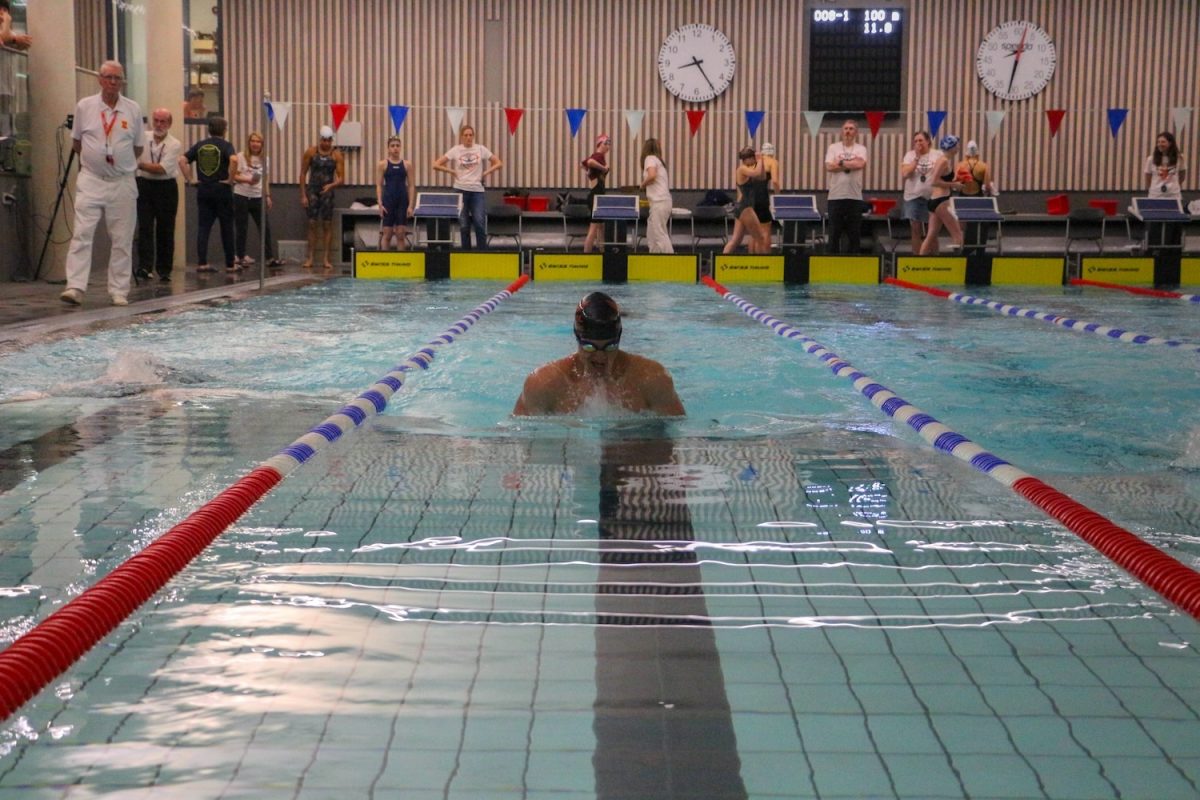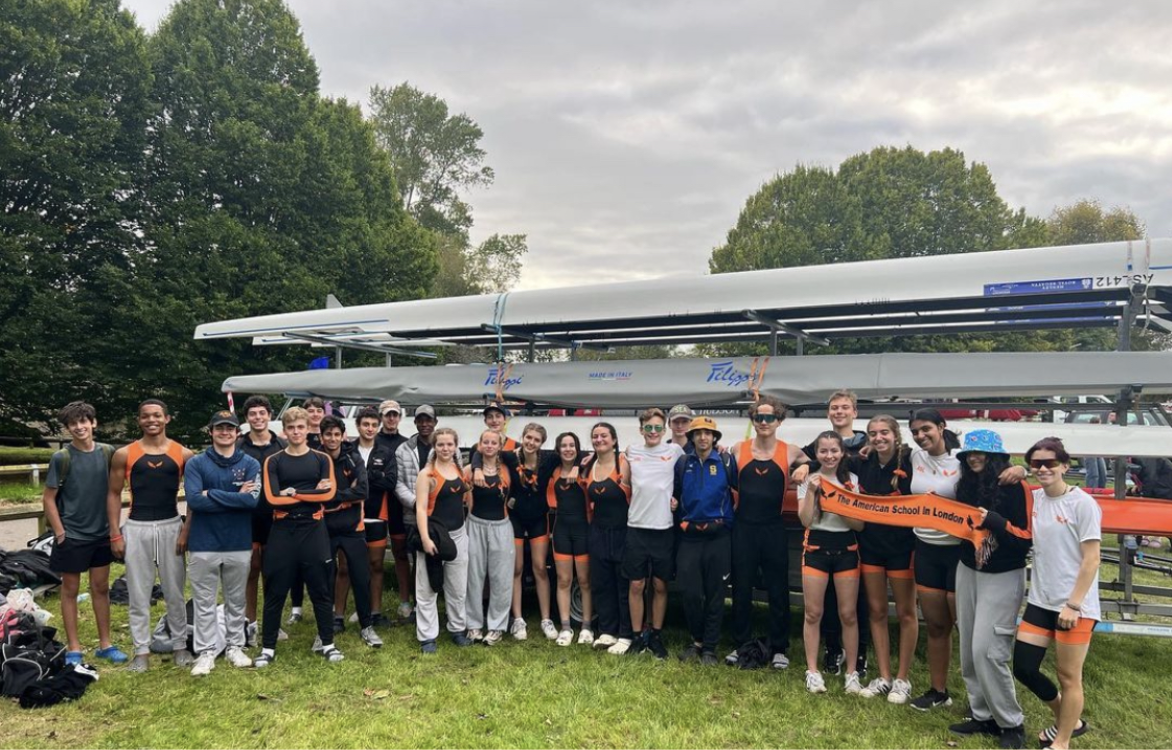Recent controversy regarding the World Cup being hosted in Qatar in 2022 culminated in the indictment of at least fourteen individuals by the Federal Bureau of Investigation (FBI) on Wednesday, May 27. Seven of those charged were in Zurich ahead of the annual Fédération Internationale de Football Association (FIFA) congress, where four-term president Sepp Blatter will be up for reelection. Each of these individuals are set to be extradited to the U.S. in the coming days.
U.S. attorney general Loretta Lynch, speaking later in the day, accused FIFA executives of taking hundreds of millions of dollars worth of bribes since 1991, and Swiss Authorities simultaneously launched an investigation into the bidding processes of the 2018 and 2022 World Cups, raiding FIFA’s Zurich headquarters that same day.
FIFA confirmed in March of this year that the proposed 2022 World Cup, set to be hosted by Qatar, will take place in the winter months of November and December. The decision to host the final on December 18, 2022, strays from the traditional format that has endured since 1930.
Soccer has been attempting to break down the final frontiers that limit its global reach. When the competition was hosted in South Korea/Japan in 2002 and in South Africa in 2010, we, the fans, were reminded that the game still had significant room to grow globally, and FIFA acknowledged this as an important area for development. The sport was able to expand in both the countries that have hosted the tournament and into the regions that encapsulate them.
The effects on a country hosting a World Cup are monumental due to the global attention centered on a single part of the world for four weeks. Aside from local protests in South Africa towards the government spending and some matches taking place in the earlier hours of the morning in the western hemisphere, both South Africa and South Korea/Japan were widely considered successful and attracted large global fanfare.
Qatar, however, is not in the same boat. It is not even remotely in the same body of water. The decision to allow Qatar to host the tournament has sparked widespread controversy, yet has been consistently justified by as a means of further spreading soccer into the Middle East and North Africa.
Unlike the World Cups hosted in South Korea/Japan and South Africa, the troubles caused from the decision to host the World Cup in Qatar far outweigh the benefits.
The obvious winners are the Qatari government who will take advantage of this t to present themselves on the global stage as an excellent host and hope to instigate further foreign investment into the country that is currently building entirely new cities from nothing just for the tournament.
Now the losers: The Qatari government is also able to build new stadiums, infrastructure and cities at low costs, with the only consequence being their abysmal human rights record. “Migrant workers… remain acutely vulnerable to abuse and exploitation” in Qatar, according to the Human Rights Watch official website. The Qatari government confirmed that as of December 2014, at least 964 migrant workers from India, Nepal and Bangladesh have died while constructing stadiums in Qatar.
Few of these laborers can return home if they are injured due to the Qatari Kafala system, which requires all unskilled workers that come to Qatar to have their visa sponsored, normally by their company, meaning they can have their passport and legal rights taken away by their employer at any time. There are currently no proposed solutions to deal with this system of slavery, and we are unlikely to see radical change take place any time soon as Qatar continues to reap the benefits of cheap labor.
Club teams such as Chelsea and Arsenal that are largely supported inside the school community would have to play a condensed season, or play some of their matches during the summer. This change will put members of our community who travel or work during the summer, but own season tickets with club teams, to attend matches they are paying for.
What makes this situation worse is that students will not have a chance to attend, or watch the Qatar World Cup. The World Cup would not take place during our summer break as it normally does, and if students wanted to tune in on TV, they would have to deal with the hectic work schedule of Decembers in the High School and the end of their first semester during the closing stages of the tournament.
The World Cup will most definitely force a calendar shift because FIFA regulations require a break of at least four weeks of rest for players after any tournament, and national teams are allowed to require players to attend training camps two weeks before the tournament starts. These 10 weeks (two of training, four of the tournament, and four of rest) of typical mid-season play are expected to have further implications beyond European soccer.
Could this headache have been avoided entirely? Absolutely. The bidding process for the 2022 World Cup was clearly for a summer tournament. Furthermore, the FIFA executive committee members that vote on where each tournament is held were fully aware of the large health risks to players and fans alike posed by hosting the tournament in Qatar.
The International Federation of Professional Footballers (FIFPro) had decided that although Qatar pledged to develop air conditioning technology in stadiums, potential health risks to everyone involved in the tournament were seen as far too large due to soaring temperatures.
This is an organization that time and time again has been at the center of controversial decision-making and in order to truly rid itself of the corrupt image it has been linked with, FIFA must take affirmative action to alleviate the situation with Qatar and the incessant backlash the institution is receiving.
Blatter and his inner circle are yet to be charged, but it seems inevitable that dozens of individuals complicit in these illegal operations over the past two decades will be next.







